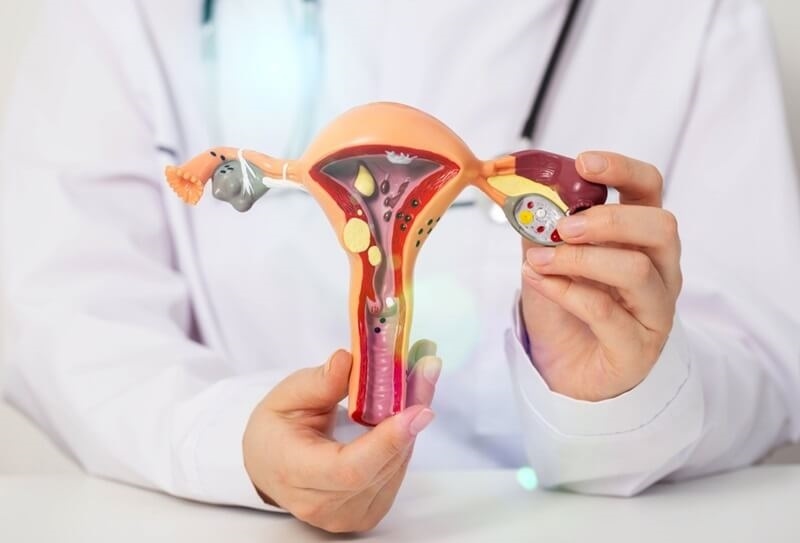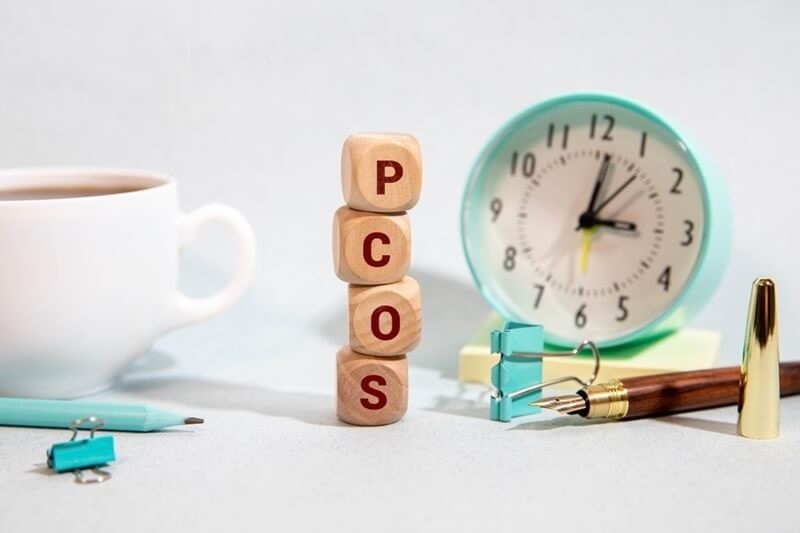
Let’s get one thing straight—PCOD and PCOS are not just acronyms tossed around casually in gynecological circles. They’re real conditions affecting real women, often misinterpreted as the same. But here’s the kicker—they’re not. If you’ve ever Googled, what is PCOD and PCOS or are PCOD and PCOS same, you’ve probably landed in a maze of confusing definitions. So let’s break it down. No sugar-coating. No vague medical jargon. Just clarity.
First things first: PCOD stands for Polycystic Ovarian Disease, while PCOS stands for Polycystic Ovary Syndrome. The difference may seem subtle, but it’s critical.
In PCOD, the ovaries produce a higher number of immature or partially mature eggs, which eventually become cysts. These cysts build up in the ovaries, causing them to swell. In PCOS, it’s more of an endocrine disorder, where the ovaries stop releasing eggs regularly, and cysts develop as a result of hormonal imbalance. So yes, both involve cysts—but that’s about where the similarity ends.
In simpler words, PCOD is more of an ovarian issue, while PCOS is a full-blown hormonal disorder. That’s the big picture when it comes to PCOD and PCOS meaning.

Let’s talk symptoms, because that’s usually where things start getting uncomfortable. PCOS PCOD symptoms might overlap a bit, but the intensity and long-term consequences vary.
So when we talk about the difference between PCOS and PCOD, we’re not just talking medical definitions. We’re talking about how they hit your day-to-day life.
There’s no one-size-fits-all answer here. Genetics, lifestyle, stress levels, insulin resistance—they all play a role. A sedentary lifestyle and poor diet are like fuel to the fire. PCOD can often be managed with diet and exercise, while PCOS might require deeper hormonal treatment.
Ah, the million-dollar question—how do I know if I have PCOD or PCOS? Here’s what you do:
This isn’t just about reproductive health; it’s about your overall well-being. Ignoring symptoms can lead to long-term complications like diabetes, heart issues, and even depression.
No. And this needs to be said loud and clear. When people ask are PCOD and PCOS same, they overlook the fact that PCOS is a metabolic disorder, while PCOD is a functional imbalance. The impact PCOS has on your body is far more systemic, affecting not just your reproductive health, but also your skin, weight, and mental wellness.
Here’s some good news: Having PCOD or PCOS does not mean motherhood is out of reach. Clinics today offer customized PCOD and PCOS fertility treatments—think hormonal therapy, lifestyle coaching, and assisted reproduction. These aren’t just treatments; they’re tailored strategies that work with your body instead of against it.
Don’t fall for the fear-mongering. Yes, PCOD and PCOS are serious. But they’re also manageable. With the right diagnosis, consistent treatment, and some serious lifestyle tweaking, you can take control.
We’re living in a world that’s finally talking about women’s health. But awareness without understanding is just noise. That’s why breaking down the PCOD and PCOS difference matters. Because too many women are misdiagnosed. Too many are made to believe they’re “just stressed” or “overreacting.”
Knowing the difference between PCOD and PCOS means you’re no longer in the dark. You’re informed, empowered, and better equipped to take charge of your health.
And that’s not just important—it’s essential.
Alright, so you’ve been diagnosed. Now what? Living with either condition doesn’t mean pressing pause on your life. It means reshuffling your priorities, not erasing them.
Here’s a non-negotiable starter pack:
And most importantly, build a support system. Whether that’s a therapist, a gynecologist who actually listens, or friends who don’t roll their eyes when you talk about hormones—keep them close.
Ignoring PCOD or PCOS doesn’t just mess with your periods. It sets off a chain reaction. Think Type 2 diabetes, infertility, cardiovascular issues, and even endometrial cancer. Sounds harsh? That’s because it is.
But here’s the flip side—you’re not powerless. Early detection, combined with a realistic lifestyle shift and targeted medical care, can turn things around. It’s not about perfection, it’s about consistency.
So if you've been asking, how do I know if I have PCOD or PCOS, don’t sit on the fence. The sooner you know, the sooner you act.
More to Discover: Top Fertility Treatments: Which One is Right for You?
Whether it’s PCOD or PCOS, the takeaway is the same: your body deserves attention, not avoidance. Understand the difference. Learn the symptoms. Prioritize the fixes. And stop brushing it off as “just a phase.”
Because what is PCOD and PCOS isn’t just a health query—it’s a wake-up call.
This content was created by AI